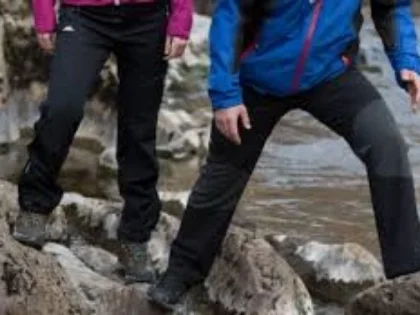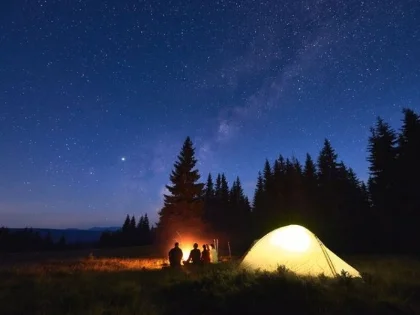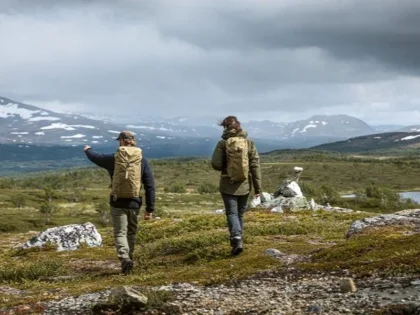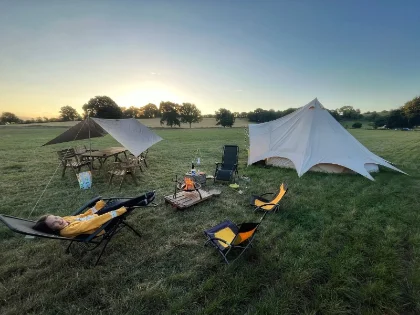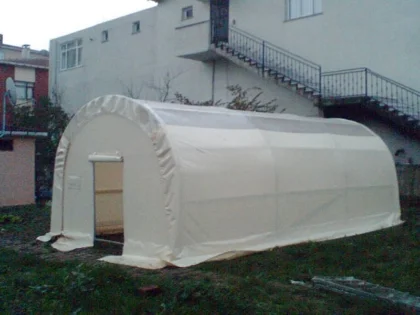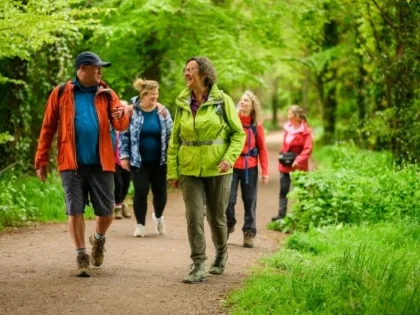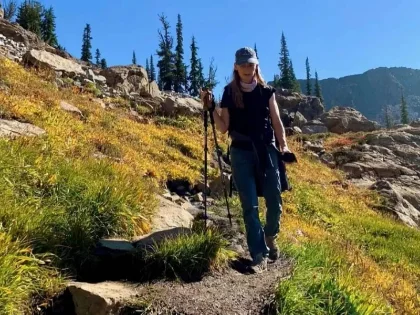Camping Essentials - What to Bring and What to Avoid
While there are certain necessities when camping, it's best to pack as few "extras" as possible. When you are attempting to enjoy your time in nature, things like extra hair styling products, kid's toys, and the like might add needless stress to your experience. Don't bring food that has been left unattended or cooked. Campground animals are skilled marauders, and refrigerated food can turn sour if left outside over night.
Sunblock
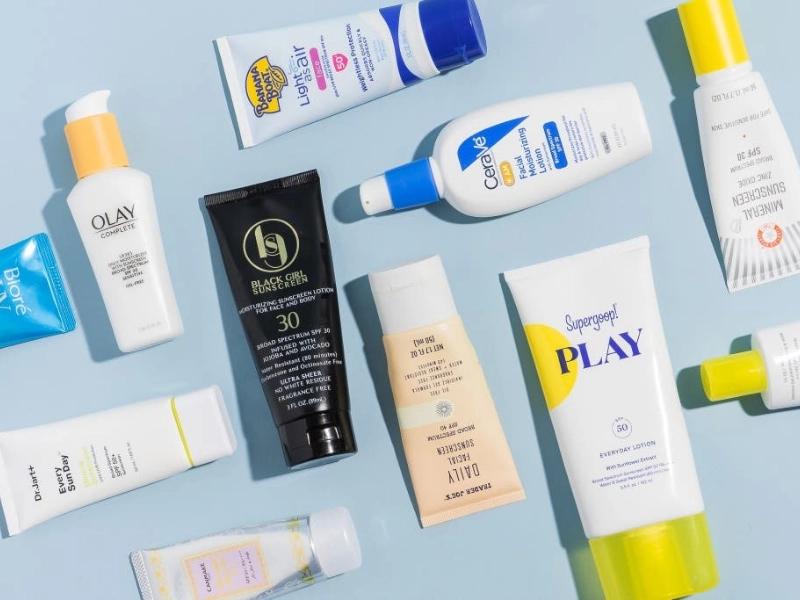
Shoes with closed toes
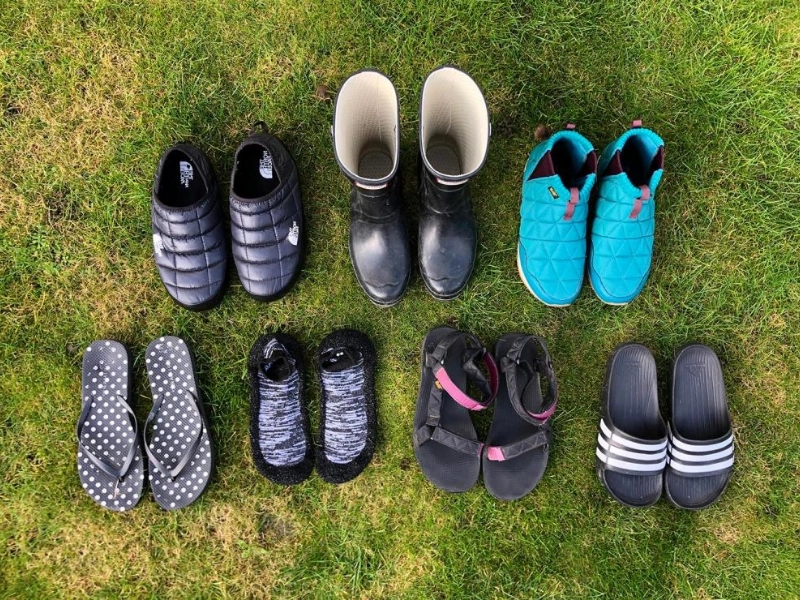 Comfortable footwear while camping is essential. After a long day of jogging or climbing, they let your feet relax and heal.
Puffy clogs or other insulated camp shoes might be perfect for cold-weather camping, depending on the kind of camping. On the other hand, quick hikes and river crossings can also benefit from the use of foam recovery sandals. To move around camp, they are simple to put on and take off.
Comfortable footwear while camping is essential. After a long day of jogging or climbing, they let your feet relax and heal.
Puffy clogs or other insulated camp shoes might be perfect for cold-weather camping, depending on the kind of camping. On the other hand, quick hikes and river crossings can also benefit from the use of foam recovery sandals. To move around camp, they are simple to put on and take off.
First Aid Package
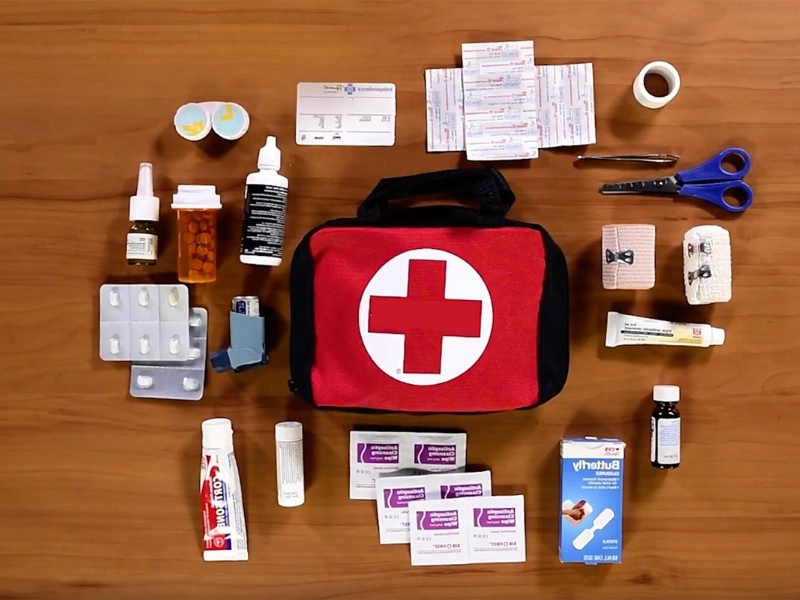 When you go camping, poison ivy may cause havoc and leave you with a scratchy rash that lasts for days. It is essential to have a first-aid kit with supplies, including bandages, disinfectant wipes, and painkillers.
You can make your own first-aid kit or purchase one that is already assembled at a lower cost. Just be sure you understand how to utilize the items in your package.
When you go camping, poison ivy may cause havoc and leave you with a scratchy rash that lasts for days. It is essential to have a first-aid kit with supplies, including bandages, disinfectant wipes, and painkillers.
You can make your own first-aid kit or purchase one that is already assembled at a lower cost. Just be sure you understand how to utilize the items in your package.
Drugs
 Certain over-the-counter medications are necessary when camping, whether it's for headaches, twisted ankles, or food illness. According to Sekhon, you should include some painkillers, antibiotic cream, throat swabs, and strep test supplies.
It's critical to understand a camp's medicine policy, especially what constitutes "medication." While some camps have more lax rules, others restrict drug administration to licensed staff only.
Certain over-the-counter medications are necessary when camping, whether it's for headaches, twisted ankles, or food illness. According to Sekhon, you should include some painkillers, antibiotic cream, throat swabs, and strep test supplies.
It's critical to understand a camp's medicine policy, especially what constitutes "medication." While some camps have more lax rules, others restrict drug administration to licensed staff only.
Personal hygiene
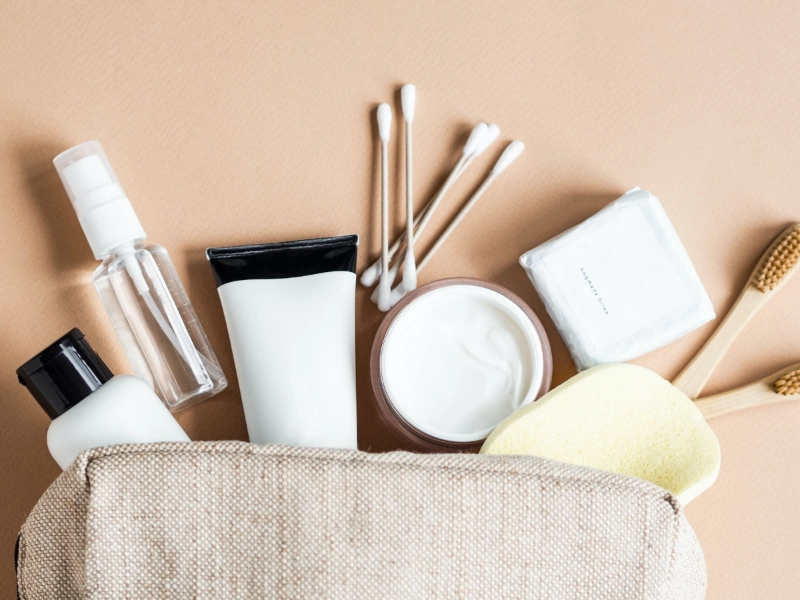 When preparing your toiletry bag for a camping trip, keep it basic. Select natural-ingredient hand sanitizer and soap without fragrance.
If you must wash, make sure to dispose of soapy water 70 feet away from any source of drinking water to prevent wildlife attraction and pollution of fragile wilderness habitats.
Bring two weatherproof, sealable bags for trash disposal and enough toilet paper. Don't forget to include a mirror so you can clean your teeth and look for insect bites.
When preparing your toiletry bag for a camping trip, keep it basic. Select natural-ingredient hand sanitizer and soap without fragrance.
If you must wash, make sure to dispose of soapy water 70 feet away from any source of drinking water to prevent wildlife attraction and pollution of fragile wilderness habitats.
Bring two weatherproof, sealable bags for trash disposal and enough toilet paper. Don't forget to include a mirror so you can clean your teeth and look for insect bites.
Cookware Provisions
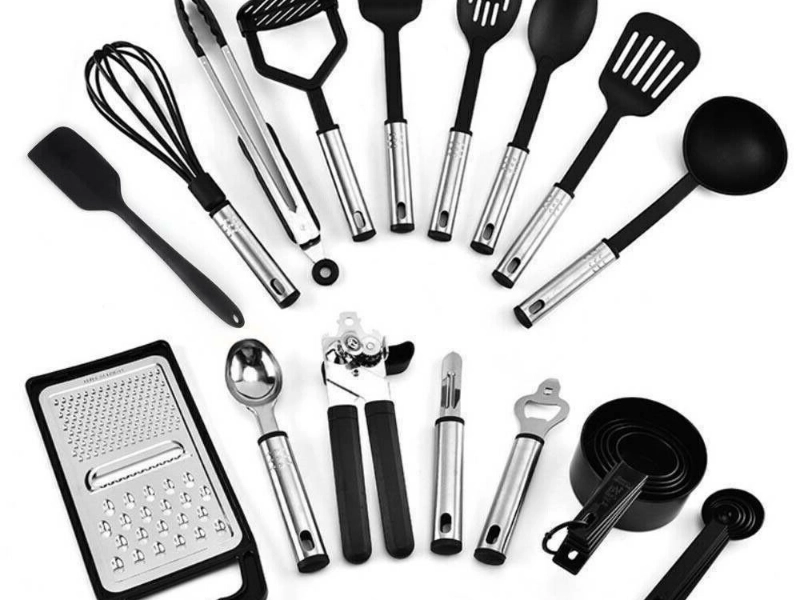 When camping, food is a key problem. Preparing and cooking the components at home is a smart idea, as is packing a cooler. In order to protect against insects and wildlife, it's also crucial to store all food in airtight containers and to spread a tarp before eating.
The conduct of nearby campers is another problem when it comes to camping. It's a good idea to check out the campsite in advance and avoid noisy, unruly, or very intoxicated neighbors.
When camping, food is a key problem. Preparing and cooking the components at home is a smart idea, as is packing a cooler. In order to protect against insects and wildlife, it's also crucial to store all food in airtight containers and to spread a tarp before eating.
The conduct of nearby campers is another problem when it comes to camping. It's a good idea to check out the campsite in advance and avoid noisy, unruly, or very intoxicated neighbors.
Repellent for Insects
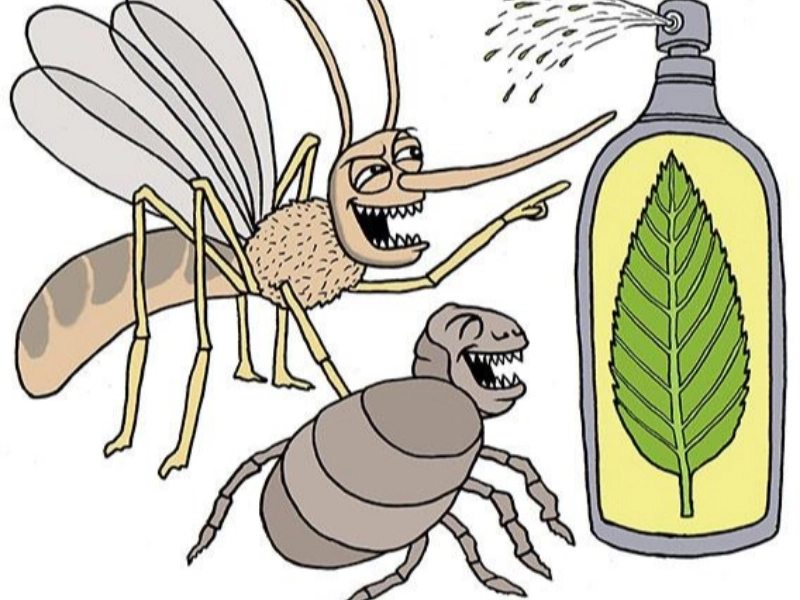 An itchy nightmare might arise from mosquito, black fly, and no-see-um bites, even on the most enjoyable summer vacation. Purchase a DEET-containing bug repellent and use it on exposed skin and clothing before venturing outside.
A citronella candle and a powerful fan can also help keep insects out of your tent. Set a handful of these on fire around your campground to provide two-fold pest prevention.
An itchy nightmare might arise from mosquito, black fly, and no-see-um bites, even on the most enjoyable summer vacation. Purchase a DEET-containing bug repellent and use it on exposed skin and clothing before venturing outside.
A citronella candle and a powerful fan can also help keep insects out of your tent. Set a handful of these on fire around your campground to provide two-fold pest prevention.
Tent
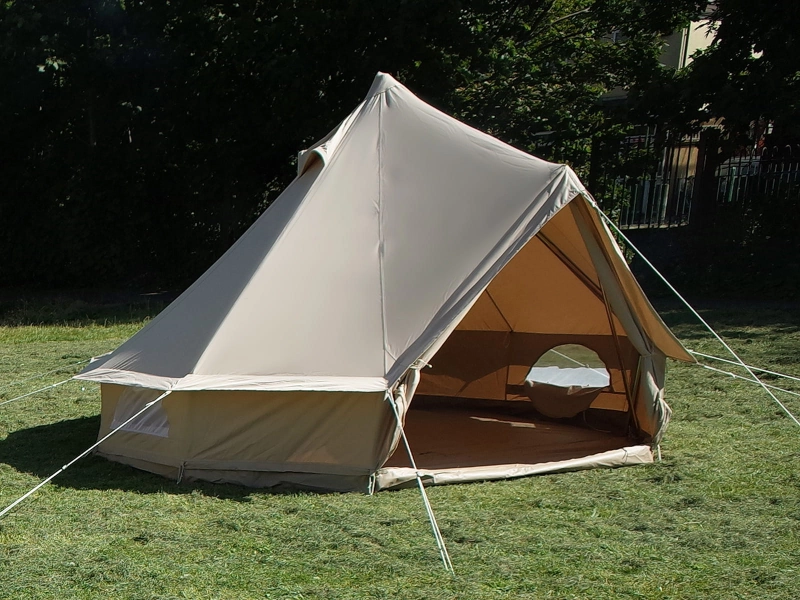 While part of the camping experience is exploring the wilderness, it's crucial to stay close to camp. The local environment, animals, and overall natural order may suffer as a result of doing this.
Additionally, cooking smells near your tent draw in wildlife. It helps to keep food in airtight containers to avoid this. Having a separate eating space from your sleeping room is also a smart idea.
While part of the camping experience is exploring the wilderness, it's crucial to stay close to camp. The local environment, animals, and overall natural order may suffer as a result of doing this.
Additionally, cooking smells near your tent draw in wildlife. It helps to keep food in airtight containers to avoid this. Having a separate eating space from your sleeping room is also a smart idea.
Slumber bag
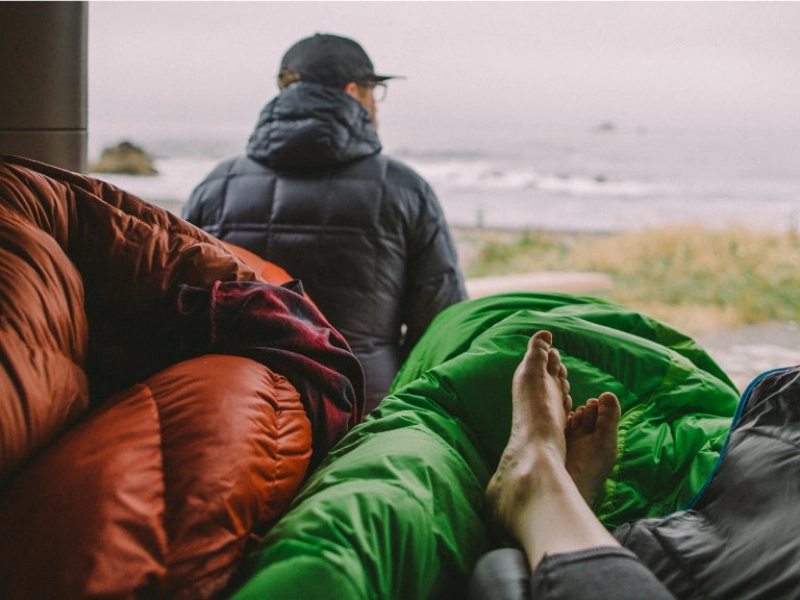 A decent sleeping bag is essential, whether you wake up feeling rejuvenated and eager to explore or freezing in your tent. Select one that is rated for the temperature you want to camp in and think about adding a hood to add additional warmth.
If you're right-handed, look for a zipper that makes an effort to stay free from snags; some even feature hard backing all the way around the zipper. Bags' fabric and insulation can be preserved by washing them only when absolutely necessary.
A decent sleeping bag is essential, whether you wake up feeling rejuvenated and eager to explore or freezing in your tent. Select one that is rated for the temperature you want to camp in and think about adding a hood to add additional warmth.
If you're right-handed, look for a zipper that makes an effort to stay free from snags; some even feature hard backing all the way around the zipper. Bags' fabric and insulation can be preserved by washing them only when absolutely necessary.
Food
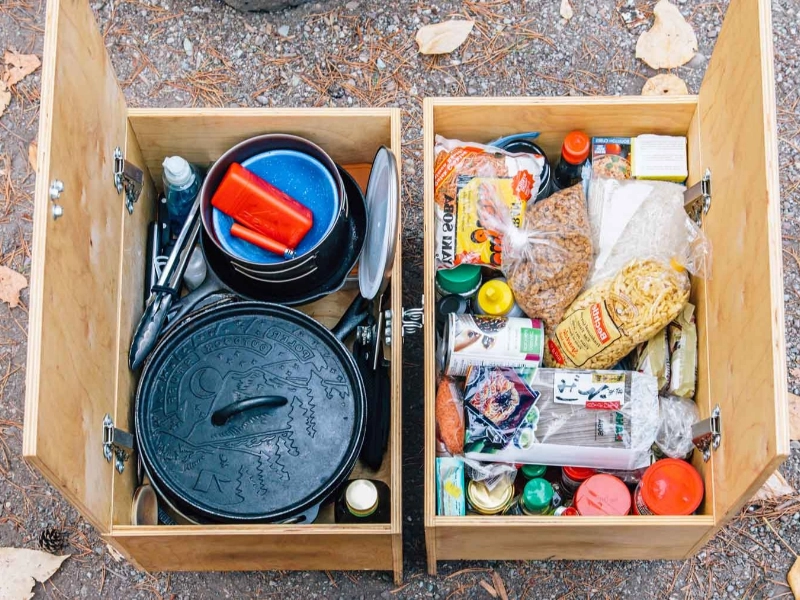 It's not always practical to cook hot dogs and bake marshmallows over a campfire, even if it might be entertaining. Perhaps there's too much rain or you run out of firewood.
Food left out attracts wildlife, including bears, possums, and squirrels. Feeding wildlife can lead to safety issues, dependence on humans, and disruption of their normal diet. Keep food in a cooler with locks that are impenetrable by animals or in your car.
It's not always practical to cook hot dogs and bake marshmallows over a campfire, even if it might be entertaining. Perhaps there's too much rain or you run out of firewood.
Food left out attracts wildlife, including bears, possums, and squirrels. Feeding wildlife can lead to safety issues, dependence on humans, and disruption of their normal diet. Keep food in a cooler with locks that are impenetrable by animals or in your car.

